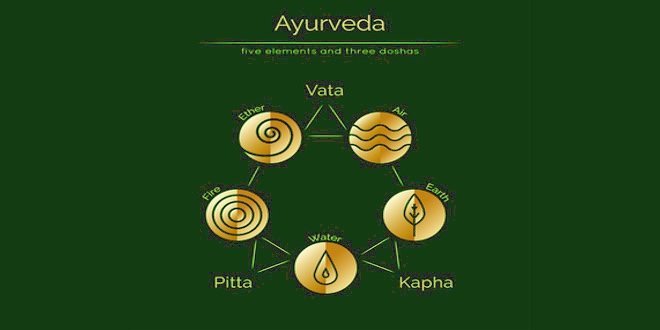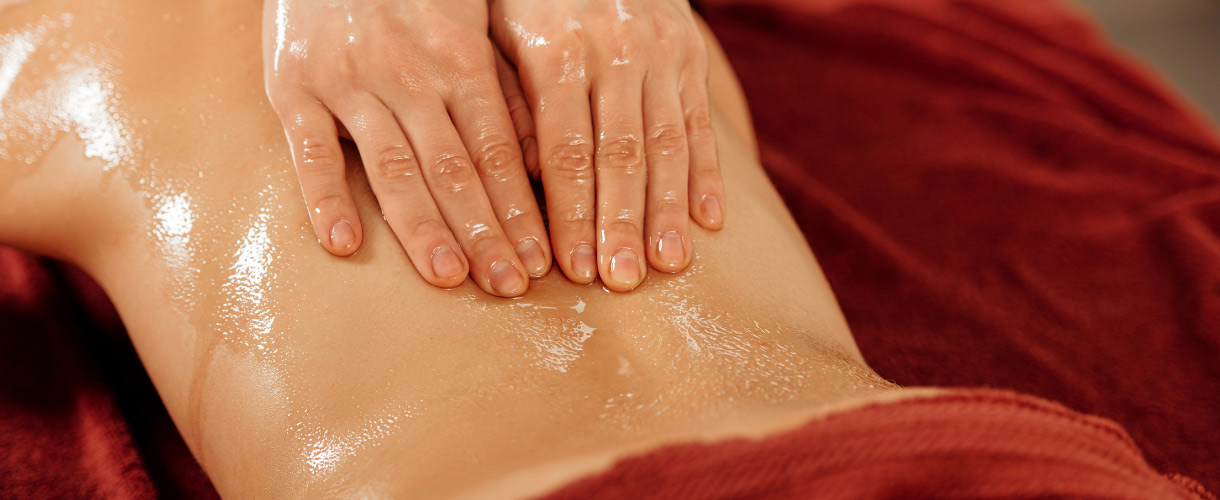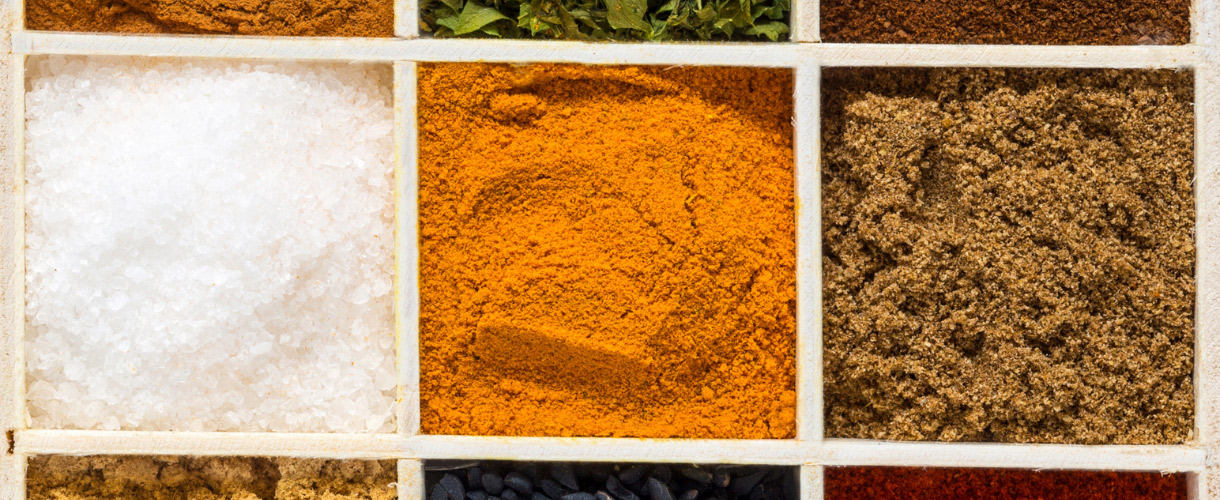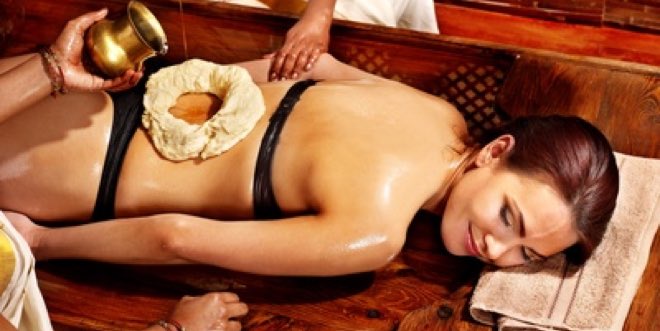
Ayurvedic Skin Type Test
July 1, 2015
Osteoporosis and Ayurveda
February 28, 2016WHAT IS AN AYURVEDIC LIFESTYLE CONSULTANT?
Ayurveda is a traditional system of health and wellbeing using gentle, non-forceful healing modalities. It is one of the most holistic systems of medicine available, as it recognises not only the physical, but also the mental, emotional and spiritual aspects of being human that affect the health and advocates a life lived to the full. It includes a comprehensive study of anatomy, physiology, pathology, diagnostic systems and treatment strategies. Both safe and effective, it reigns supreme in a world dominated by more and more complex and expensive medical procedures, many fraught with dangerous side effects.
An Ayurvedic Lifestyle Consultant is a health and wellness professional, who works with clients who need long term health and lifestyle changes. They are passionate about supporting individuals in having a healthy lifestyle, and empowering them to achieve their health and wellness goals.
Often there is a gap between what people say they want and what they actually do. An Ayurvedic Lifestyle Consultation can close this gap. Combining the theory from the science of Ayurveda, its psychology, as well as using behaviour change and optimism, Ayurvedic Lifestyle Consultants plant seeds that take roots to help clients overcome their resistance to change, by using a step by step, structured approach to wellness.
Ayurvedic Lifestyle Consultants support their clients by working on their health issues they want to, the Ayurvedic rationale behind the recommended changes, what’s stopping them, and together create a plan for action.
Through this supportive relationship, Ayurvedic Lifestyle Consultants help empower their clients with a focus on prescription together with facilitation. The client then takes responsibility, feels more confident as they experience small successes and ultimately achieve more significant changes than they would on their own.
BENEFITS OF AN AYURVEDIC LIFESTYLE CONSULTATION
An Ayurvedic Lifestyle Consultation combines theory from the Vedic sciences to help clients overcome their resistance to change. Making a shift from taking a, “Do what I say”, stance to one of supporting your clients in working out what they want, why they want it and what’s stopping them, will result in greater motivation, self-worth and outcomes for your clients.
Individual Ayurvedic Lifestyle consultations can
- Provide the guidance, support and knowledge for a client to create and live out the Ayurvedic wellness vision.
- Provide a supportive, facilitative process, where their client can create substantial breakthroughs.
- Assist their client to achieve more than they could achieve on their own.
- Provide a new approach where past attempts have failed.
- Combine both mental and physical strategies to assist in creating change.
- Suggest a structured plan with well-designed daily and seasonal goals.
- Deliver an increased belief in what your client is capable of to achieve lasting change.
- Help your client take control of their health and well-being
UNDERSTANDING THE SCOPE OF PRACTICE OF THE AYURVEDIC LIFESTYLE CONSULTANT
It is vital to understand what the scope of practice of an Ayurvedic Lifestyle Consultant is when working with your clients. All professions in any industry have a defined scope of practice and our field (health) is no different. The recurring themes around Ayurvedic Lifestyle Consultations, are all around the empowerment of the client, keeping them safe, and avoiding stepping outside the boundaries of your profession. Ayurvedic Lifestyle Consultants facilitate change, based on the science of Ayurveda, and they don’t advocate one way of eating, living or existing. Our job is to support and encourage clients to become masters of their own well-being.
Although the list below is by no means comprehensive, this is a great guide to the scope of practice of an Ayurvedic Lifestyle Consultant.
What Ayurvedic Lifestyle Consultants DO:
- Encourage your clients to discover what they want to achieve without telling them what they “should” work towards
- Let your clients define their idea of “optimal” wellness as it applies to their life and support your clients in defining a clear vision of where they want to go
- Help your clients identify the changes they need to make in their lifestyle habits
- Help your clients build confidence in their ability to make their desired changes
- Encourage your clients to set their own goals that are specific and achievable
- Only provide “expert” information in the area in which you hold nationally recognised credentials
- Inform your client of what these credentials are
- Help your clients come up with strategies to overcome obstacles that might get in the way of their desired changes
- Inspire by truly believing in your client’s ability to change and impart this belief to them
- Encourage your client to take responsibility and make choices that they have come up with
- Ask more questions than provide answers
- Provide Ayurvedic nutritional, dietary and lifestyle modifications and meal plans, to be able to coach your clients with food choices:…
- Use your “tool kit” of knowledge in the areas of Ayurvedic health and lifestyle to provide options and choices for your client to consider, but only after asking their permission in advance
- Refer clients to appropriately trained health professionals for specific advice or consultations beyond your scope.
What Ayurvedic Lifestyle Consultants DO NOT do:
- Suggest what the client should be doing with their life
- Tell the client what steps are necessary
- Encourage the client to adopt your own nutritional philosophy, exercise program or other behavioural routine that you may be passionate about and has worked for you
- Take on the responsibility for the client’s results and disempower them in any way
- Judge a client by your own standards and beliefs
- Coerce or control the client in any way
- Use your own experience to influence the client to adopt any particular regime.
- Educate the client in an area that you are not suitably qualified to speak about
WHAT HAPPENS DURING AN AYURVEDIC CONSULTATION
Two elegant and practical features of an Ayurvedic consultation are the concepts of prakruti, an individual’s basic, unique, natural constitution and vikruti, which is the individual’s current imbalance.
It important to find out your client’s doshic type because every activity and function of a person’s mind and body is dependent upon the balanced or unbalanced state of their doshas. Many everyday disorders, such as anxiety and other nervous disorders, depression, digestive problems, constipation, cramps, lethargy, cold, allergies, skin conditions or even asthma are more often than not, doshic imbalances. And you can help your client eliminate all of these and more easily and naturally, without any harmful or artificial substances, simply by educating them more about their doshas and how they can balance them to permanently remove health issues and life-long physical as well as mental discomfort.
The individual’s baseline, stable Ayurvedic constitution is known as their prakruti. It is determined at the moment of conception and relates to an individual’s genetically, inherent and permanent physical and emotional qualities, characteristics and tendencies. These stable qualities include height, natural eye and hair colour and innate personality traits. The concept of constitutional variety is fundamental in Ayurveda. This is the notion that we are all different and what may be medicine for one person may even harm another.
Knowing your client’s constitution at birth, their prakruti, is useful because it can increase an awareness of their natural strengths and challenges. This can be a positive step towards an understanding of health that is unique to that client. To learn more about the client’s Ayurvedic constitution, their prakruti, they can answer HIA questionnaire based upon their overall, lifelong tendencies and not according to temporary or recent conditions.
The first visit to an Ayurvedic Lifestyle Consultant is about an hour long and includes history taking, examination, assessment, recommendations and therapy. This is usually assisted by the patient filling out a questionnaire.
HISTORY TAKING
Taking the client’s history involves details about current complaints, past health, past illnesses, family health, home and occupational environment, social and financial situation, emotional patterns, present lifestyle, diet, habits, behaviour and addictions. A detailed menstrual, gynecological and obstetric history is taken from women. The focus on history taking is to get a clear idea of the unique circumstances, surroundings and causative factors related to the individual patient.
Questionnaire
What do you need to know about your client before you begin? The answer to this could quite simply be: ‘nothing’, as you are going to find out everything you need to know by asking the right questions.
At Health Institute Australasia, we have found that using ‘assessment’ as a tool for stimulating reflection and self-awareness, can be very valuable in establishing a good consultative partnership. However, the word ‘assessment’ can be daunting and a little off-putting, as some clients connect the word assessment with the possibility of failure which they seek to avoid. Hence, at Health Institute Australia, we tend to refer to it as a Questionnaire, which is the instrument of choice.
Assessments provide many benefits, including:
- Some clients will prefer a ‘safe’ space in which to provide information, and doing this in a written form can be less intimidating then answering a lot of questions. Additionally, seeing what they have written, can be powerful, as it provides an insight into their measurable scores and also perhaps their state of mind, so it becomes qualitative as well as quantitative, depending on what assessment is used.
- An assessment can help a client see the difference between the way they are living and the way they would like to be living and this begins the process of ‘developing a discrepancy, which is one of the aims of the Ayurvedic lifestyle consultation.
- A more introverted person may prefer to share information initially in the written form which then helps the Ayurvedic Lifestyle consultant respect the client’s personality style.
- It can provide both the consultant and client an idea of the readiness to change certain areas of wellbeing.
All of these benefits are worth noting, but the biggest one by far is the opportunity to let a client bring in the process of self-discovery and self-awareness and think about where they are at, and where they want to go. In other words, it begins the process of change and healing.
Do not discount the value of beginning the Ayurvedic journey in this way.
Compassion rather than Compliance
Using an assessment can be a smooth way to begin, and as long as good communication skills are used when reviewing the answers, it can be an ideal starting point. However, it is also worth noting that some dangers exist and these are:
A consultant can occasionally focus on what is “wrong” with the client, rather than the opportunities that exist. They may fall into the mode of fixing and wearing their expert hat, particularly if they have a former role in healthcare.
The responses may promote judgment around unhealthy behaviour and choices, or even provoke sympathy, whereas what may be needed may be a good dose of empathy,
Additionally, people who complete assessments are human, and they may be tempted to respond in a way that wins favour with their consultant. In other words, the answers may not be as accurate as we would like. However, our role as Ayurvedic Lifestyle Consultants is to help our clients reflect and explore and by using compassion as a means of helping people feel trusted, will lead to further honesty, visioning and problem-solving.
The aim of any discussion around an assessment is not for compliance (ie accurate truthful answers at all costs), but to create a place where compassionate listening will lead to greater motivation to change behaviours.
EXAMINATION
After the history, a detailed physical examination is performed with the help of regular observations, such as temperature, blood pressure and a review of systems. Ayurveda places special emphasis on noninvasive sources of information, such as pulse diagnosis, tongue diagnosis, and an examination of the eyes, skin, nails and hair.
OBSERVATION
An Ayurvedic consultant also learns a lot by observing the client’s style of talking, sitting, listening, responding, facial expressions and body language.
ASSESSMENT
History taking, examination and observation are directed towards answering two important questions. First: Who is this person? That is, what is the psychophysical constitution of this person? Second, What is going on? That is, which governing factors are in balance and which governing factors are out of balance? Unlike most other health care models, the main purpose of an Ayurvedic consultation is not to find a ‘diagnosis’ or brand a person with a daunting medical label for the rest of their lifetime. The effort in Ayurvedic assessment is to get a clear picture of the unique dynamics of the person’s healthy and unhealthy psychophysiological processes.
RECOMMENDATIONS AND TREATMENT
After the assessment, the Ayurvedic Lifestyle Consultant works with the client to prepare a customised wellness, or health promotion plan. This plan involves recommendations about all the aspects of life which have a direct or indirect influence on the health of the person. Such a multidimensional Ayurvedic health plan consists of guidelines regarding diet, nutritional supplements, healing herbs, exercise and yoga, meditation, relaxation and stress management techniques, gentle cleansing and detoxification, body-work and massage, special daily and seasonal routines, Ayurvedic help to assist in recovery from addictions and so on.
The effort is to facilitate complete and lasting healing, not just the suppression of symptoms, or providing a ‘quick fix’. The goal is to develop an overall healthy person, not just fix a broken part. This means to achieving the goal are all natural therapies, not just giving a prescription drug or other chemical ‘magic bullets.’






